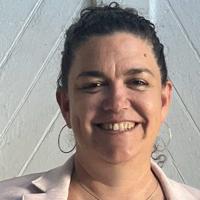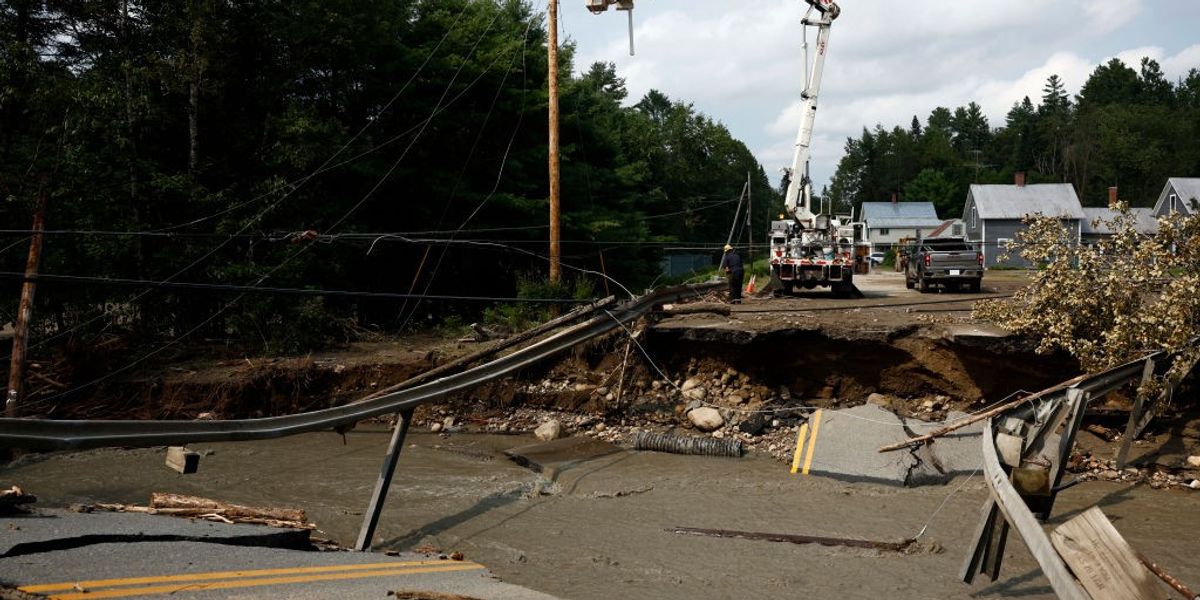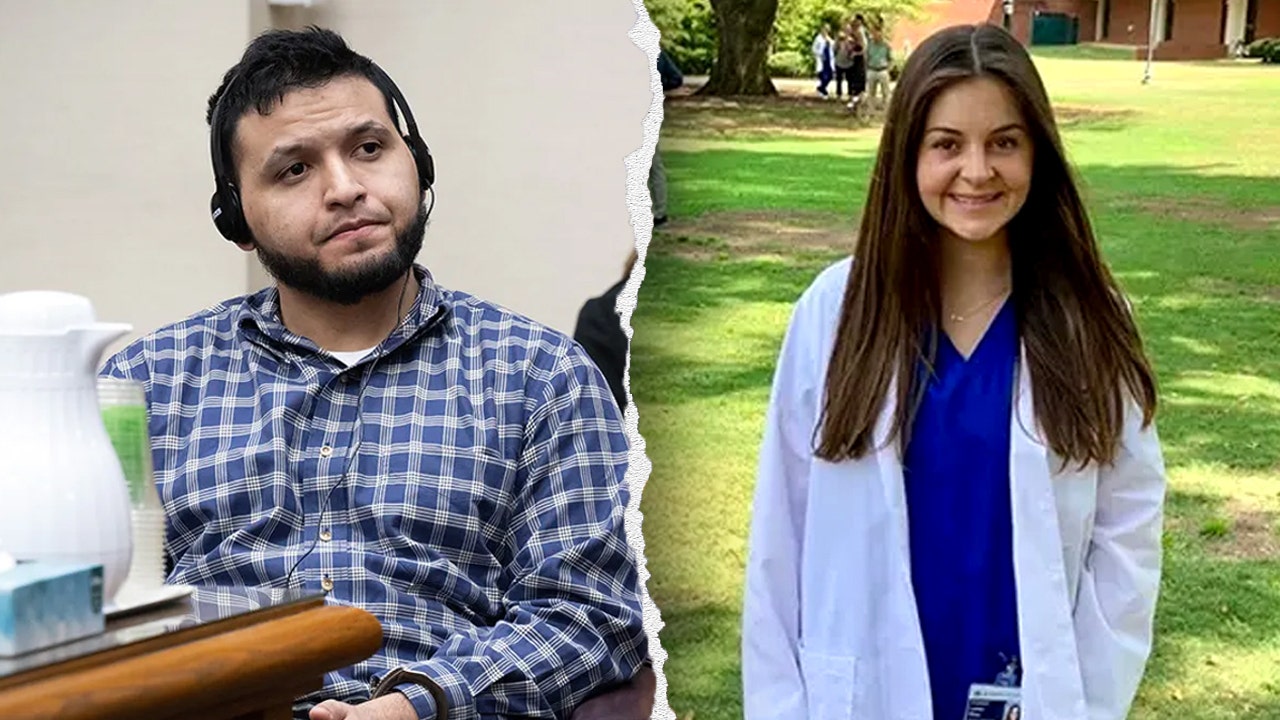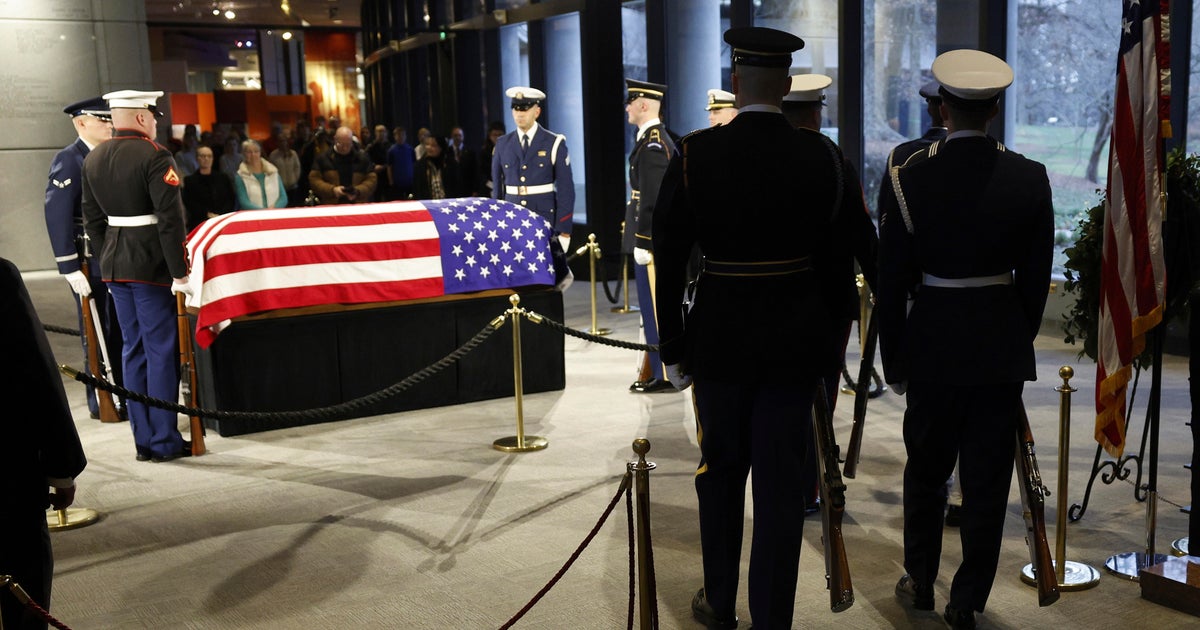Vermont
Vermont lawmakers prepare to return for veto session
/cloudfront-us-east-1.images.arcpublishing.com/gray/H6KSD7OCLRA7PD4WIH7XVIK7UM.jpg)
MONTPELIER, Vt. (WCAX) – Lawmakers are set to return to Montpelier for a veto session next week to attempt to override a number of bills rejected by Governor Phil Scott.
That could include universal school meals. The governor has until midnight Tuesday to act on a bill allocating millions of dollars to the program. Supporters of the measure have pointed to the nutritional and educational benefits as well as reducing the stigma of students receiving free or reduced meals.
But the governor has concerns about the cost of the proposal, which would set aside $29 million from the Education Fund. He has also said it could increase property tax pressure, impacting lower-income Vermonters to provide affluent families support that they do not need.
Senate Education Committee Chair Sen. Brian Campion, D-Bennington County, says he wasn’t sold on the investment at first but changed his mind after hearing about the impact from school administrators and students. “Universal meals really works for all students. Not only is it allowing for kids who come to school hungry. It’s also helping socialization, kids are socializing more,” he said.
Lawmakers will likely be able to override a veto after the measure passed both chambers with the necessary two-thirds majority.
Governor Scott did allow a sweeping conservation bill to become law without his signature. The new law calls for conserving 30% of Vemront’s land by 2030 and 50% by 2050.
Scott said he considered vetoing the bill over language that was too broad but says unlike an earlier version, it gives the Agency of Natural Resources authority to do the work.
A list of already conserved land and ways the state can conserve land is due back in the summer of 2024.
Lawmakers are set to return to Montpelier for a veto session next week, including an effort to push through the state budget which the governor rejected. A coalition of Democrats and Progressives have threatened to sustain that veto unless top lawmakers include a plan — and funding — for people being evicted this month from the state’s hotel-motel program.
While they’re putting the final touches on a proposal, legislative leaders are working on their own compromise plan. Numerous lawmakers say high-level conversations are going on behind-the-scenes to support those homeless Vermonters.
Senate President Phil Baruths’s office confirms Senate leaders are working on a similar path forward.
Related Stories:
Vt. officials explain consequences of budget veto session
Scott tops 40 career vetoes; more likely on the way
Burlington, Montpelier race to address homeless needs
Motel checkouts underway as judge denies effort to block closure of voucher program
Newsmaker Interview: Vt. Senate President Baruth
Coalition of 17 lawmakers threaten to sustain possible budget veto
Gov. Scott vetoes $8.5 billion state budget
Copyright 2023 WCAX. All rights reserved.

Vermont
U.S. attorney for Vermont announces resignation: Who will replace him?
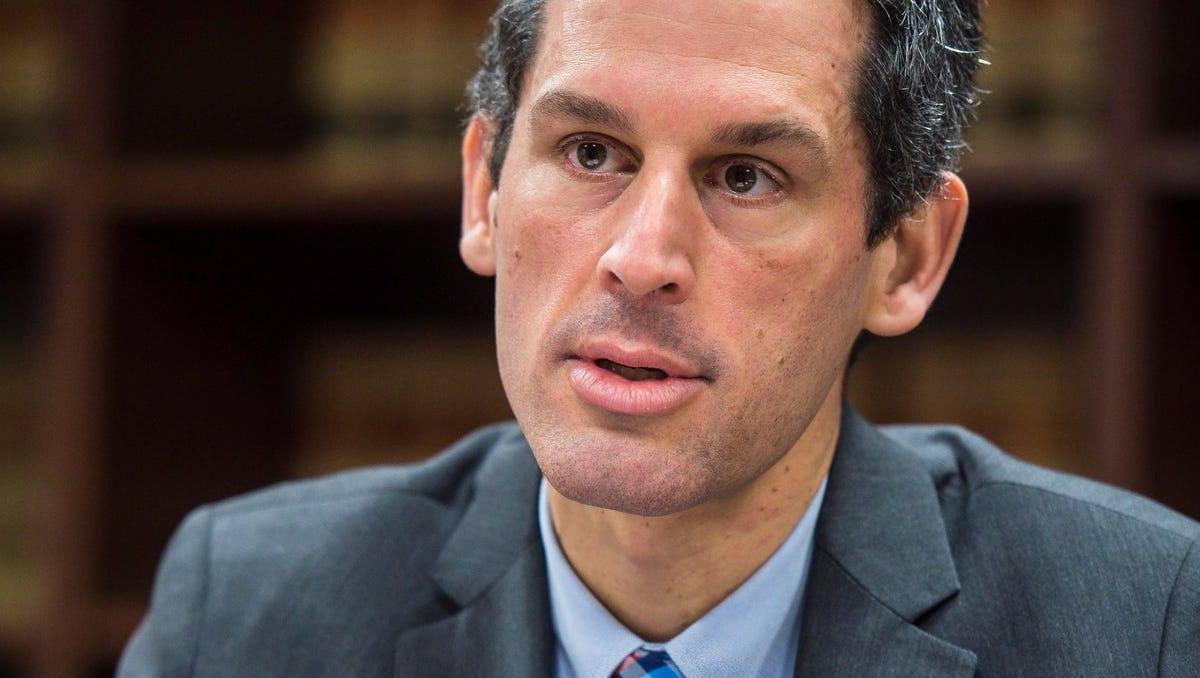
United States Attorney for Vermont Nikolas Kerest announced his resignation Monday. This is common practice pending a presidential inauguration and party change. President-elect Donald Trump will be sworn in January 20 and will select his own pick for attorney.
Kerest was appointed to the position by President Joe Biden in 2021 and oversaw a group of 51 employees during his time.
In a press release from his office, Kerest said “representing the United States as a member of the U.S. Attorney’s Office team for over fourteen years and as its leader for the past three years has been the highlight of my career. Public service is a gift.”
Kerest previously served as an assistant United States attorney in Burlington since 2010.
During his tenure in the position, his office focused on addressing violent crime, something that had spiked in Vermont. He supported the Chittenden County Gun Violence Task Force, and worked with local law enforcement and Homeland Security Investigations to remove violent offenders from the streets.
Kerest’s office also focused on enforcing federal civil rights laws, as well as educating Vermonters about their rights under these laws. The U.S. Attorney’s Office has also taken significant steps to address elder financial fraud in Vermont, prosecuting offenders of those crimes.
His office also successfully represented the Federal Highway Administration against challenges to the construction of Burlington’s Champlain Parkway.
Assistant United States Attorney Michael Drescher will become acting attorney when Kerest officially steps down on inauguration day. Kerest’s office stated he hasn’t determined his next career steps yet.
Sydney P. Hakes is the Burlington city reporter. Contact her at SHakes@gannett.com.
Vermont
Outgoing Lt. Gov. David Zuckerman says he expects Vermont lawmakers will affirm John Rodgers’ victory in special vote this week – VTDigger

SOUTH BURLINGTON — Lt. Gov. David Zuckerman said Monday that he expects Vermont lawmakers to affirm John Rodgers’ victory in the race for the state’s second-highest office when the Legislature convenes later this week.
Zuckerman, a Progressive/Democrat, won fewer votes in November’s election than Rodgers, a Republican. But neither candidate secured more than 50% of the vote, triggering a constitutional process whereby the Legislature crowns the winner.
In the days after the election, Zuckerman conceded the race, though he nodded in a radio interview to the possibility that legislators could, technically, still name him lieutenant governor — and that they might have good reason to do so. His comments drew sharp criticism at the time from current and former state political leaders.
Zuckerman said Monday at a press conference in South Burlington — which he convened to offer parting thoughts, he said, before leaving office — that he had not been in contact with legislators about how they would vote “since a few days after” the election.
“The Legislature will make its decision. I suspect they will elect John Rodgers. I haven’t heard anything otherwise,” Zuckerman said in response to a reporter’s question.
Zuckerman has frequently criticized Republican Gov. Phil Scott — with whom Rodgers is a close ally — throughout his tenure in office. And he took aim again at the governor in his remarks Monday, calling on Scott’s camp to bring “real options” to the negotiating table with legislators on key issues, including reforming the state’s education funding system and making housing and other aspects of life in the state more affordable.
That hasn’t always been the case over recent legislative sessions, he argued.
“The governor has hundreds of staff to develop policy proposals, and the Legislature has no individual staff and is part-time for less than half the year,” Zuckerman said. “It is up to the governor, after eight years, to lead — not by pointing fingers at the Legislature, but by coming up with policies that reflect Vermonters’ wishes for good local public schools and affordable housing.”

Zuckerman encouraged policymakers, too, to consider increasing taxes on the state’s wealthiest residents and many second-home-owners, highlighting aspects of progressive economic policies he has championed in the state for decades.
In response to a question, the three-term lieutenant governor told reporters that he had not decided whether he would run for political office again. But he said that, at least in the short-term, he planned to stay active in politics by hosting a public-affairs radio show.
“It’s not what I’m here to advertise,” Zuckerman said. “But I’ll be talking about issues every week with people, having Vermonters on to talk about what their struggles are, and trying to get out there what’s going on in the Statehouse.”
Vermont
Vermonters hunted fewer bucks in 2024 than 2023, preliminary estimate finds – VTDigger
The Vermont Fish & Wildlife Department estimates that hunters in Vermont harvested more than 17,200 deer during fall 2024 — but the final tally won’t be released until March.
That translates to roughly 3.4 million servings of venison, according to a Monday press release from the department.
The buck harvest tally is expected to decline slightly in 2024, with hunters taking an estimated 9,200 bucks compared with 9,848 in 2023, and an average of around 9,500 in the previous three years. Officials attributed the drop to a slower November hunting season, which was down 10% from the previous year, according to the release.
Although the department relies on hunting data to assess the deer population, Nick Fortin, the department’s head deer biologist, said he wouldn’t conclude that the population is declining.
“The change from one year to the next really doesn’t mean a whole lot,” Fortin said. “It’s the longer-term trends that will be important.”
Fortin said climate-related changes are playing a role in shaping deer populations and influencing hunting results. However, he emphasized that the decline in the buck harvest was likely driven by a combination of factors, with milder winter temperature only being one of them.
READ MORE

One other factor is that this year, the department prioritized harvesting more antlerless deer, issuing more permits than previous years. The total of harvested antlerless deer, a group primarily composed of females, is expected to reach around 8,000 — an increase from the previous three-year average of 7,188.
The reason for that change: “We’re just trying to control deer numbers in response to those milder winters,” Fortin said, adding that mild winters are good for deer as they have better food availability.
-

 Health1 week ago
Health1 week agoNew Year life lessons from country star: 'Never forget where you came from'
-
/cdn.vox-cdn.com/uploads/chorus_asset/file/24982514/Quest_3_dock.jpg)
/cdn.vox-cdn.com/uploads/chorus_asset/file/24982514/Quest_3_dock.jpg) Technology1 week ago
Technology1 week agoMeta’s ‘software update issue’ has been breaking Quest headsets for weeks
-

 Business6 days ago
Business6 days agoThese are the top 7 issues facing the struggling restaurant industry in 2025
-

 Culture6 days ago
Culture6 days agoThe 25 worst losses in college football history, including Baylor’s 2024 entry at Colorado
-

 Sports6 days ago
Sports6 days agoThe top out-of-contract players available as free transfers: Kimmich, De Bruyne, Van Dijk…
-

 Politics5 days ago
Politics5 days agoNew Orleans attacker had 'remote detonator' for explosives in French Quarter, Biden says
-

 Politics4 days ago
Politics4 days agoCarter's judicial picks reshaped the federal bench across the country
-

 Politics3 days ago
Politics3 days agoWho Are the Recipients of the Presidential Medal of Freedom?

